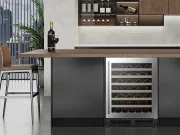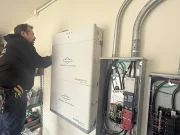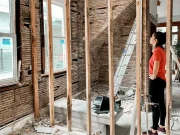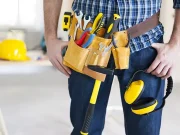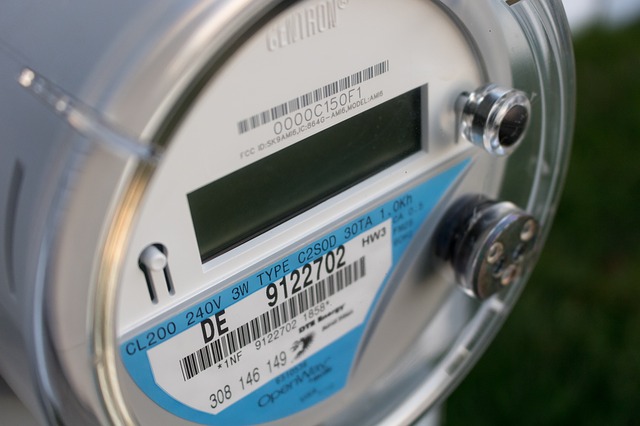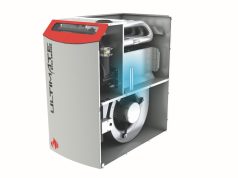A common mistake many people make when moving to a new apartment is focusing on the amenities alone and overlooking utilities. The latter are public services provided by the government or contracted companies to properties within a city or area.
In this article, we cover everything you need to know about utilities including tips for setting up the most common ones. Let’s dive straight in!
6 most common utilities to know
Water and sewer
These utilities include everything that comes out of your shower, the water you flush in your toilet, water from the dishwasher and more. The department of the local government responsible will send this utility bill to individual apartments or communities where the apartment manager then splits the bill among tenants.
Trash and recycling
These utilities comprise recycling, trash removal and organic waste. Apartment landlords usually collaborate with the city’s waste management company for recycling and trash collection.
Electricity
This includes the lights in your home, power used for appliances, heating during winter and more. Electricity bills will increase depending on the size of the apartment, the number of appliances, and the number of roommates.
Also, electricity bills are measured using a meter and provided monthly.
Natural gas
Some apartments use natural gas and measure its usage in metrics. Some months will have heavier usage depending on the season.
For instance, winter requires more heating than summer.
Internet, telephone and cable
These utilities are often tied together and provided by the same company. You can easily set up your Wi-Fi plan, cable and phone plan for your own apartment. The cost of these utilities will depend on internet speed, cable plan and the phone you go with.
Security
Many apartment rentals are now including security systems as part of the amenities.
In some cases, a part of the operating costs for these systems is billed as utilities to the renters.
What to know about apartment utilities
Utilities aren’t usually part of the rent
Majority of landlords do not include utilities in the rent and let the tenants pay for them themselves.
Still, it’s not uncommon to find some who include utilities in the price of rent.
If your landlord includes any utilities as part of the rent, it will be specified when signing the lease agreement.
If unsure about it, ask for clarification to avoid disappointments.
You’ll need to set up utilities
When moving to your new apartment, it’s required that you set up your utilities. This should not be a challenge because all that’s needed is to call the involved companies. You can ask your property manager to check with the city to provide the phone numbers for each utility.
Generally, many companies will take your name, phone number, address, email, and payment information.
Ensure that you’re prepared with everything they ask for before calling them. It can take days to weeks to get everything set up, so it’s advisable to start early.
Utilities vary from month to month
Utilities are calculated each month depending on how you use them.
So, you’re likely to pay a higher power bill during winter if your heater keeps running.
Besides, if you have more people living with you during the month, the utilities will likely rise compared to months when you’re alone.
If you live in bigger apartments where you’re heating or cooling the space with vaulted ceilings, your power bills will also be higher than in smaller apartments.
Things to consider when setting up utilities
Transferring service
You don’t need to set up a new account if your existing utility company offers the service to your new location. You can simply transfer the service which can save you time and money.
Credit check
Some utility companies can request a credit check to determine whether a security deposit is needed. Deposit amounts vary depending on previous usage and credit history.
Appointments
Some apartments will need you to be present when the utility bill is turned on.
Be sure to speak with your property manager if you will not be present to see whether a service call is possible. You might need to take a day off work to set up your utilities or work on weekends.
Discounts
Many utility providers understand that moving is never cheap. When shopping around, look for companies offering deals that can help you save money.
Conclusion
As a general rule of thumb, it’s wise to talk to your landlord before moving in to know how much utilities cost. This can help you create a budget to effectively manage your money.
Finally, don’t forget to stop utility services at your old apartment to avoid incurring unnecessary expenses.





